Introduction:

Does Protein Make You Poop? Is a common question some people ask all the time. In this article I have put together all useful information about Proteins which will help you.
Protein-rich diets are all the rage these days, but how does protein influence your gut and bowel movements?
A high-protein diet might promote constipation, according to Health Specialists, because you’re likely eating less fiber than you normally would.
Too much protein, on the other hand, can induce diarrhea if people rely on dairy and processed foods to achieve their daily protein requirements. Some of the helpful tips are reviewed in this article.
Please make sure to read this article to the end to know if Protein Makes You Poop. Below are some helpful tips.
What Happens When You Start Eating More Protein?
According to research, It is vital to consume a sufficient amount of protein in your diet.
The consumption of a high-protein diet can aid in weight loss, muscle gain, and the improvement of body composition and metabolic health, among other things.
Can I Eat Too Much Protein?
Too much of a good thing, such as other food sources, isn’t necessarily a good thing.
Consuming a large amount of protein also entails consuming a large amount of calories and placing a significant amount of strain on your kidneys.
Consuming an excessive amount of protein in one sitting causes your kidneys to work too hard, which can result in dehydration.
Does Protein Make You Poop?

Protein powder has all the potential to make you poop. You may also feel sick as a result of it.
Constipation can occur as a result of a high-protein diet due to lack of fiber. Fiber can be found in fruits, vegetables, and cereals. It adds weight to your stool and makes your body move more efficiently. That is why it’s recommended that adults should eat 20-35 grams of fiber per day. Alternatively, 10-13 grams per 1,000 calories.
Does More Protein Make You Poop?
It’s possible that you’ll suffer from a serious case of diarrhea while on this trip. According to Livestrong, consuming an excessive amount of protein can result in constipation.
This is due to the fact that many people rely on dairy products and processed foods to meet their protein needs. As a result, you may notice that your stools are becoming loose.
Over time, eating too much protein can aggravate renal difficulties and cause symptoms such as bad breath, indigestion, and dehydration.
Certain protein sources, such as meat, dairy, and processed foods, have been linked to an increased risk of chronic diseases like heart disease and cancer.
Does Vegan Protein Powder Make You Poop?
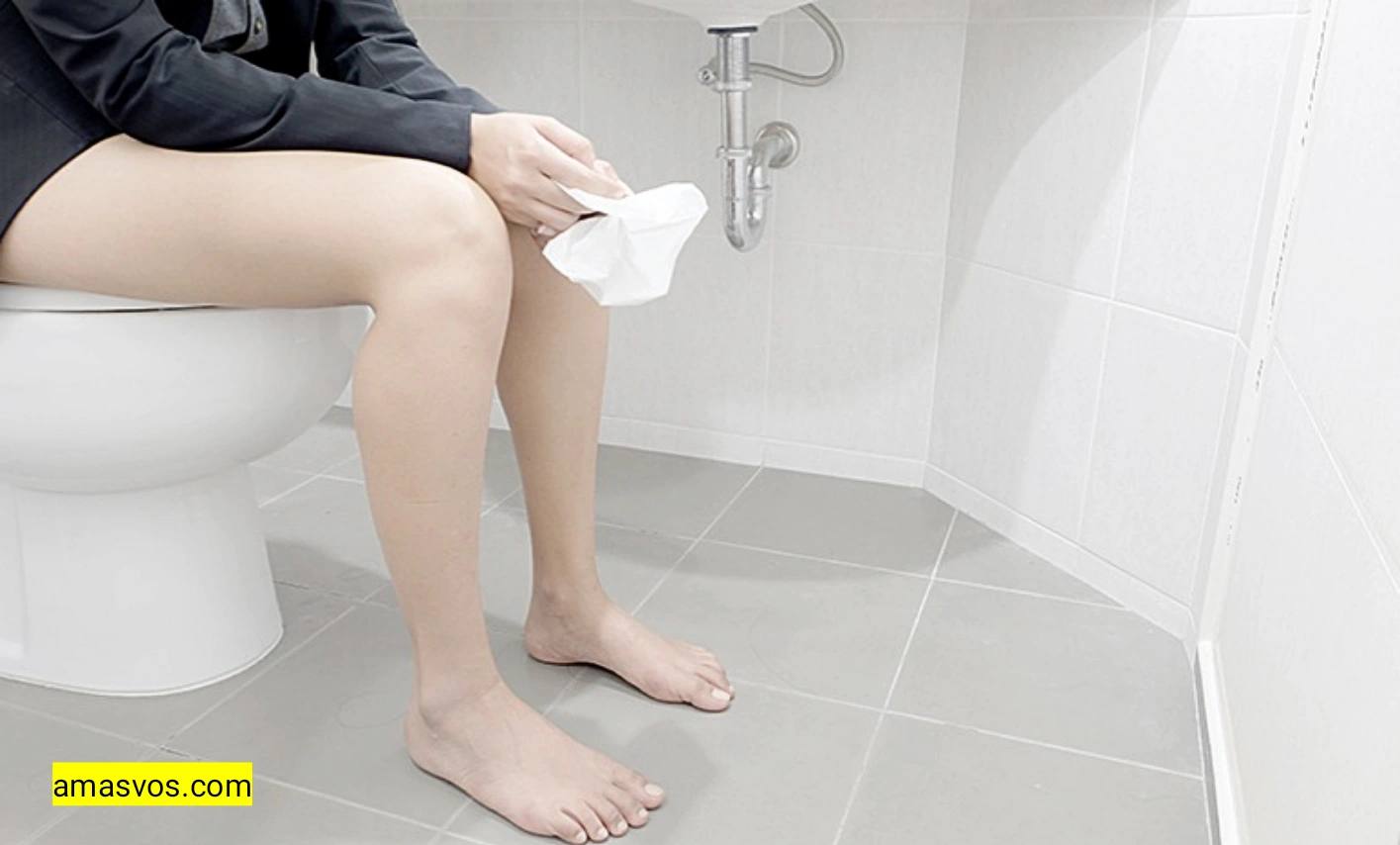
The majority of vegan protein powders made from plants contain more fiber, which makes them less likely to cause constipation.
Constipation can also be caused by an intolerance to a particular food. Generally speaking, vegan protein powders are hypoallergenic and rarely make you poop, with the exception of soy protein powders.
How Much Protein Do I Need A Day?
It’s recommended that protein should be consumed at a rate of 0.8 grams per kilogram of body weight for a sedentary adult. According to the Dietary Reference Intake report for macronutrients, that’s 0.36 grams per pound.
A sedentary male should eat 56 grams of protein per day, whereas a sedentary woman should eat 46 grams.
Does Protein Really Affect Bowel Movements?
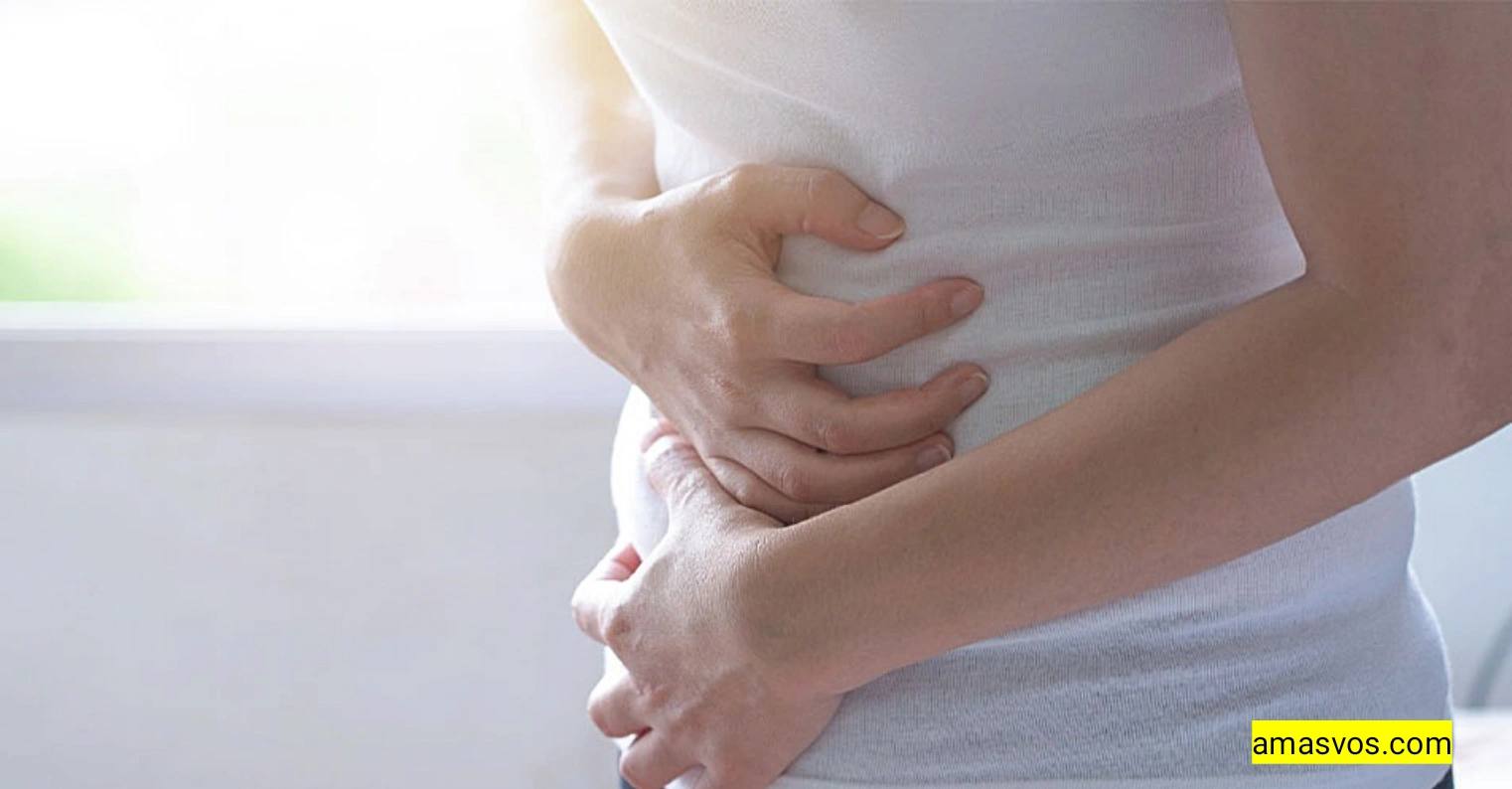
DIGESTIVE Difficulties: It has been shown that eating too much protein might lead to stool problems.
A diet strong in protein and lacking in fiber may cause you to feel severely bloated. Even if you aren’t hungry, the impression of lightness disappears, leaving you feeling bloated all the time.
Can Whey Protein Make You Poop?
It’s noticed that constipation is not a common side effect of whey protein.
Food intolerance can cause constipation in certain people by reducing intestinal functions ( 11 , 12 ).
How Often Should I Eat Protein?

According to Brad Schoenfeld, assistant professor of exercise science at Lehman College. He said your body utilizes the nutrients from your meal or snack to create muscle for four to five hours.
Which simply means that you should ingest protein every four hours or so to boost muscle building throughout the day,” says the expert.
Should You Eat Protein Before Bed?
According to research, eating a high-protein meal right before bedtime can help you get the most out of this increase in growth hormone. And gain the most muscle.
This occurs as a result of providing your body with the amino acids it requires to repair and develop.
Why Do I Have To Poop After A Protein Shake?
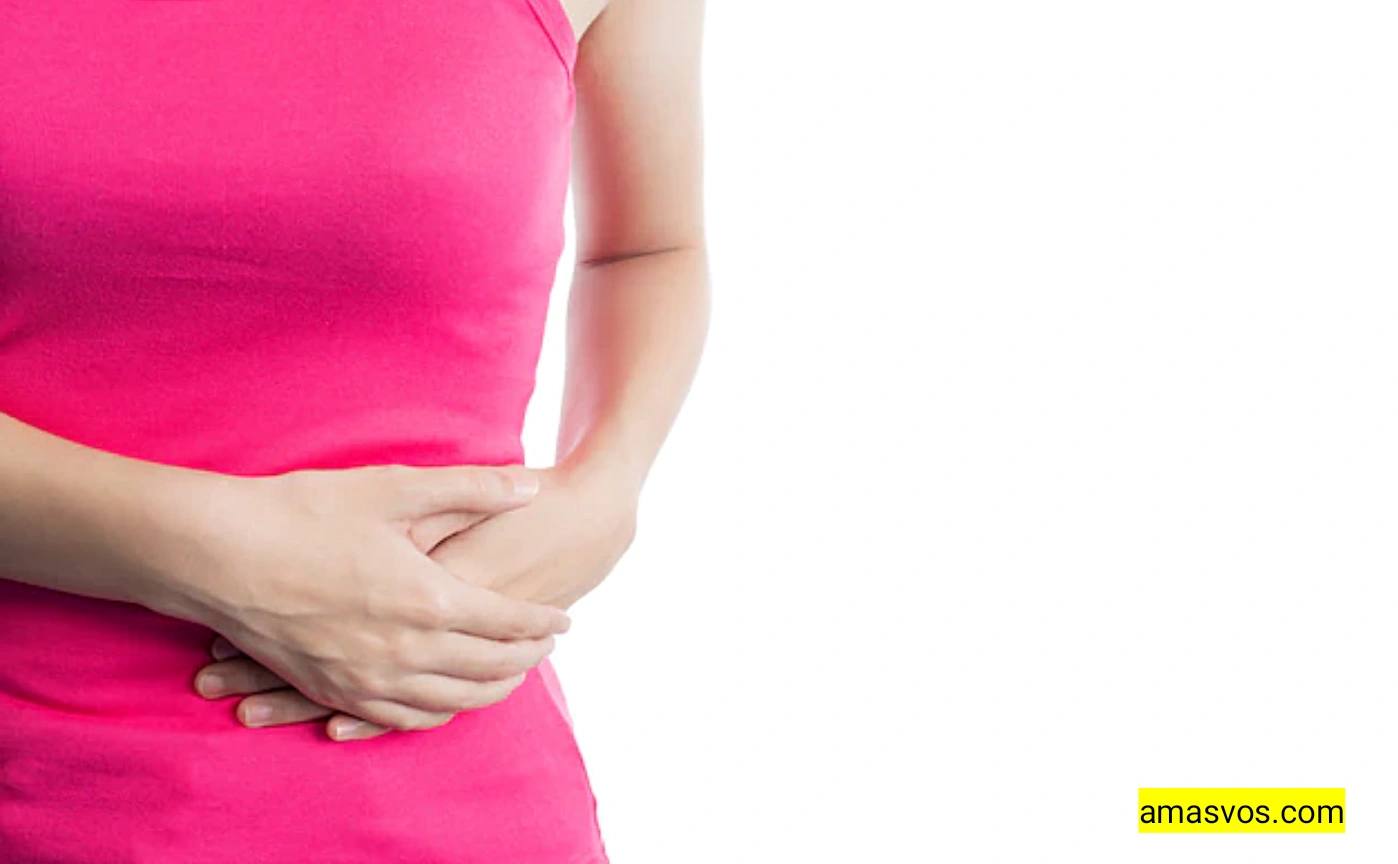
Insoluble fiber is naturally high in several plant protein powders. Intercalary fiber is found in alternative protein powders, such as those designed to aid weight reduction.
Insoluble fiber adds weight to the stool and may act as a natural laxative. It will make you poop if you consume a large amount of it.
Another Reading Suggestion
Do Protein One Bars Make You Poop?
Protein keeps you full and pleased, while fiber aids with bowel movements.
Look for protein bars that have both fiber and protein when comparing protein bars. Look for a bar with a minimum of 5 grams of protein and 3 grams of fiber.
Does Protein Make Your Poop Dark?
Please keep in mind that black stools are not caused by protein supplements. Melena, or black stools, are caused by bleeding in the upper gastrointestinal system.
Does Protein Change Poop Color?

After mixing with the body’s digestive fluids, blood appears dark and tarry. An allergic response to whey protein might cause bloody stools as a side effect.
Infants who drink formula containing whey protein are more prone to have this negative effect.
Does Protein Make You Fart?
Protein farts are more of a bother than a health risk. You may experience an increase in flatulence when you first begin consuming whey protein powders and snacks.
Some people, particularly those who have irritable bowel syndrome or lactose intolerance, may have bloating and discomfort as a result.
What Protein Can I Eat Everyday?
A good protein you can eat everyday are: Cattle, chicken, tuna, poultry, pig, and fish are all good sources of protein.
Nuts and seeds, vegetables such as peas, spinach, potatoes, whole grains, and legumes, on the other hand, are important plant protein sources.
How Long Can You Go Without Pooping?
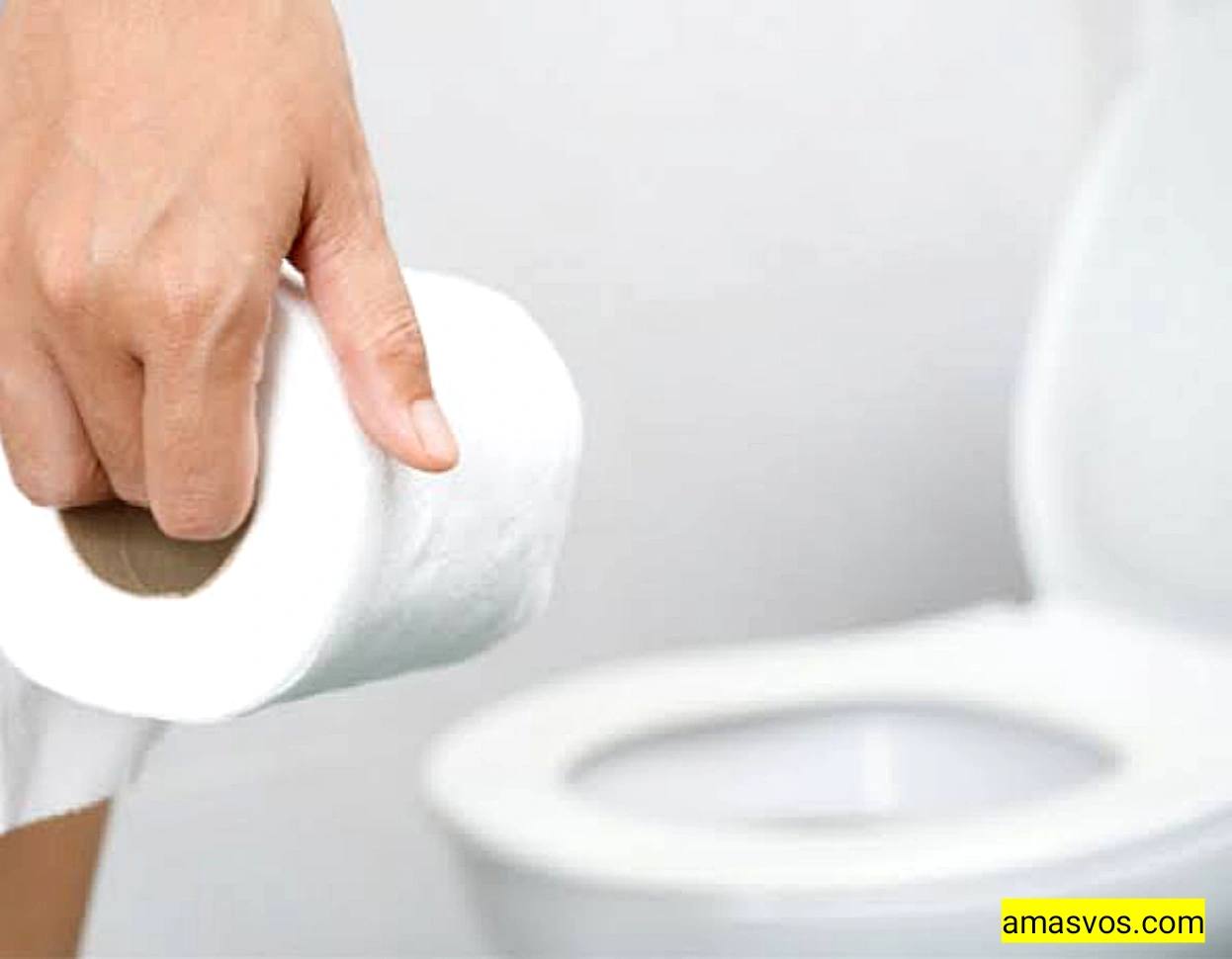
It’s noticed that the average duration between bowel motions varies significantly from person to person.
Some people have bowel motions many times a day, while others only have them once or twice a week. It’s too lengthy if you don’t have a bowel movement for more than three days.
Is Pooping Once A Day Normal?
Therefore, it’s noticed that the number of times a person should poop a day varies. Normally, having to poop three times a day to three times a week is considered normal.
Please kindly keep in mind that some people have a constant bowel pattern. In which they defecate around the same number of times and at the same time every day.
Why Do I Only Poop Once A Week?
You might be surprised why you only defecate once every seven days. Humans, on the other hand, defecate anywhere from three times a day to three times a week, according to research. As a result, everything inside that range is considered healthy.
Constipation may result in fewer frequent bowel movements. And diarrhea may result in more frequent visits, both of which are signs of poor gut health.
Should Your Poop Float Or Sink?
According to sources, healthy Poop (Stool) Should Sink in the Toilet.
Floating stools are a sign of excessive fat content in the stool, which might indicate malabsorption. And this is a situation in which you are unable to absorb adequate fat and other nutrients from your meals.
What Are The Signs Of Too Much Protein?
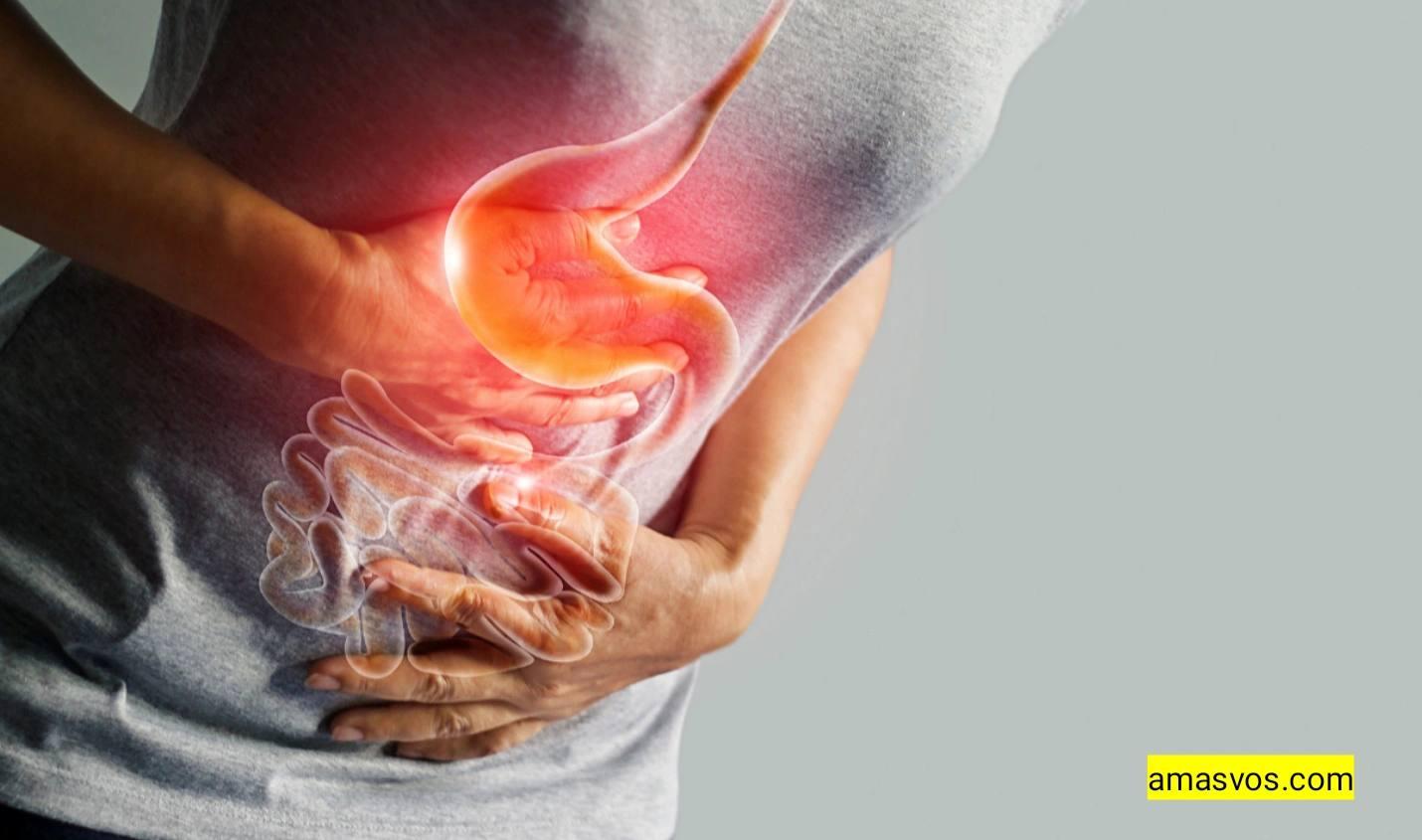
-
Intestinal Discomfort And Indigestion
Indigestion can occur for a variety of causes that are unrelated to disease. Excessive eating, excessive drinking, food intolerance, and taking drugs on an empty stomach are all instances.
Pain in the upper abdomen is indigestion, often known as dyspepsia or upset stomach. Indigestion is a group of symptoms, such as stomach discomfort and a feeling of fullness shortly after eating, rather than an illness.
-
Nausea
Nausea can have a variety of reasons that aren’t related to a sickness. Motion from a car or plane, drinking too much alcohol, taking medications on an empty stomach, eating too much or too little. These are some common examples of the causes.
Consult your doctor if you’ve been nauseated for more than 12 hours and haven’t been able to eat or drink.
If your nausea doesn’t go away after 24 hours after using over-the-counter remedies, it’s recommended that you consult a doctor. If you believe you are experiencing a medical emergency, seek medical assistance as soon as possible.
-
Irritability
Irritability is common in some cases; but, when feelings become intense, all-consuming, and interfere with everyday living, it is an indication of underlying illness.
You’re more likely to get frustrated or angry when you’re irritable, regardless of the label you use. It’s probable that you’ll experience it in a stressful situation. It might also be a symptom of a mental or physical illness.
-
Headache
A painful or dull discomfort in any part of the head that may be accompanied by other symptoms.
Headaches can occur for a number of reasons that are unrelated to sickness. Examples include a lack of sleep, an incorrect eyeglass prescription, stress, loud noise exposure, and tight headgear.
-
Diarrhea
This simply means a Loose, watery stools that occur more frequently than usual.
Diarrhea is primarily caused by a virus, although it can also be caused by contaminated food. It might also be a symptom of another condition, such as inflammatory bowel disease or irritable bowel syndrome.
Diarrhea can have reasons other than an underlying disease. A liquid diet, food intolerance, stress, anxiety, or the use of laxatives are all examples.
-
Dehydration
A potentially hazardous loss of body fluid caused by illness, sweat, or inadequate intake.
Other than an underlying disease, dehydration can be induced by a variety of circumstances. Heat, excessive exercise, a lack of fluids, excessive perspiration, and medications side effects are just a few examples.
-
Unexplained Exhaustion
Just managing your everyday concerns may be too exhausting for you. But most of the time, there is a reason for the exhaustion.
Chronic fatigue can be caused by a number of factors, including underlying medical conditions, dietary deficiencies, sleep problems, caffeine consumption, and chronic stress. If you’re feeling inexplicable fatigue, go to your doctor to figure out what’s causing it.
What Foods Will Make You Poop Right Away?

Below are some foods that will make you poop right away:
-
Flax Seeds
Flaxseed is high in fiber and, if consumed in large quantities, may cause stomach problems. It may also cause an allergic reaction and interfere with certain drugs in rare cases.
We all know that flaxseed has many health benefits, there are a few drawbacks to consider. This food will also make you poop right away.
Flaxseed is high in nutrients such as omega-3 fatty acids, fiber, and beneficial plant components such as lignans. It may help with digestion, protect against certain types of cancer, normalize blood sugar levels, and lower blood pressure and cholesterol levels.
Since some flaxseed chemicals may mimic the actions of estrogen, persons on hormone therapy or suffering from hormone-sensitive malignancies should see their doctor before including it into their diet.
Furthermore, keep in mind that flaxseed may interact with a variety of drugs, including blood thinners and antiplatelet agents.
-
Pears
Pears are known as a popular fruit that grows on trees and is harvested in the Northern Hemisphere from late summer to early October. The genus Pyrus, which bears the same-named pomaceous fruit as the pear tree and shrub, is part of the Rosaceae family.
One medium pear (6.3 ounces or 178 grams) has 6 grams of fiber, which meets approximately 16% and 25% of men’s and women’s daily fiber needs, respectively.
Sorbitol, a sugar alcohol found in pears, acts as an osmotic agent, pulling water into the intestines and promoting bowel motions. Fructose malabsorption is a condition in which the body’s ability to absorb fructose is impaired.
Please remember that pears contain fructose, a type of sugar that should only be consumed in tiny amounts. And it’s also one of the foods that will make you poop right away.
-
Beans
Beans are the seeds of various genera of flowering plants in the Fabaceae family that are grown for human and animal use as vegetables.
They are usually prepared in a variety of ways, including boiling, frying, and baking and are also used in many traditional cuisines around the world.
Beans are high in fiber and can help you maintain a regular bowel movement. Soluble fiber absorbs water and gels, softening feces and making it easier to pass. And can make you poop right away.
Insoluble fiber passes intact through the digestive tract and adds volume to stools. For a delightful fiber boost, add them to soups, dips, or side dishes.
The majority of bean varieties are high in fiber and can help with digestion. Consuming a combination of soluble and insoluble fiber can assist with constipation, bloating, and gas, according to one study.
-
Rhubarb
Rhubarb can be described as the fleshy, edible stalks of Rheum species and hybrids of the Polygonaceae family that are cooked and also consumed. It is a herbaceous perennial with short, thick rhizomes that refers to the entire plant. According to reports, lots of plants have been named “rhubarb” in English some years ago.
The fiber content of rhubarb, as well as its inherent laxative qualities, promote regularity. Each rhubarb stalk (1.8 ounces or 51 grams) contains 1 gram of fiber, the majority of which is bulk-promoting insoluble fiber.
Sennoside A is a compound found in rhubarb that has a laxative effect on the body. Reduced levels of aquaporin 3 (AQP3) cause increased water absorption, softening stool and encouraging bowel movements.
Please keep in mind that rhubarb can be added to yogurt and used in a variety of baked goods. Alternatively, it can be added to oatmeal for a flavor boost. This food will also make you poop right away.
-
Apples
An apple tree produces a sort of edible fruit called an apple. Apple trees are the most widely planted Malus species, and they are grown all throughout the world. The tree’s wild progenitor, Malus sieversii, is still prevalent in Central Asia.
Fiber is abundant in apples, with one small apple comprising 3.6 grams. Fibric passes undigested through your intestines, boosting stool output and bowel movements.
Apples also contain pectin, a kind of soluble fiber that has a laxative effect. Apples may also be used for yogurt, crepes, and porridge as a healthy topping. It’s all reported that Apple can make you poop right away.
-
Prunes
A prune is known as a dried plum, which is typically from the European plum. It reported that not all plum species or variations can be dried into prunes. A prune is the firm-fleshed fruit of Prunus domestica types with a high soluble solids content that does not ferment while drying.
It’s well noticed that prunes are commonly used as a natural laxative, and for good reason.
Four prunes (32 grams) has about 2 grams of fiber and about 7% of your daily vitamin A and potassium requirements, according to medical reports.
Sorbitol, a type of sugar alcohol that your body does not digest well, aids in constipation relief by drawing water into the intestines and causing a bowel movement. When used to garnish salads and pilafs, prunes add a hint of sweetness.
-
Kiwi
The edible berry of numerous species of woody vines in the genus Actinidia is known as kiwifruit, sometimes known as Chinese gooseberry. The most common kiwifruit cultivar group is oval, about the size of a large hen’s egg, measuring 5–8 centimeters in length and 4.5–5.5 centimeters in diameter.
Kiwi has been found to be particularly high in fiber, making it an excellent food for promoting regularity. And Kiwi is likely to make you poop right away.
Kiwi is high in fiber and has been shown to help induce bowel movements by stimulating digestive tract movement.
2 grams of fiber are found in one medium kiwi (2.6 ounces or 69 grams). Kiwi aided intestinal transit time, reduced laxative use, and alleviated constipation symptoms.
Another Reading Suggestion
Final Thoughts
Overeating protein can aggravate renal problems and cause symptoms such as bad breath, indigestion, and dehydration.
Meat, dairy, and processed foods are high in protein, which increases the risk of chronic diseases such as heart disease and cancer.
Insoluble fiber is a natural laxative which usually adds bulks to the stool. If you consume a lot of it, it will make you poop. By nature, certain plant protein powders include a lot of insoluble fiber. Others include more fiber and are intended to help in weight loss.
I’m aware this article was helpful, if it was, go ahead and leave a comment below.
Why not subscribe and share this article with your friends.


